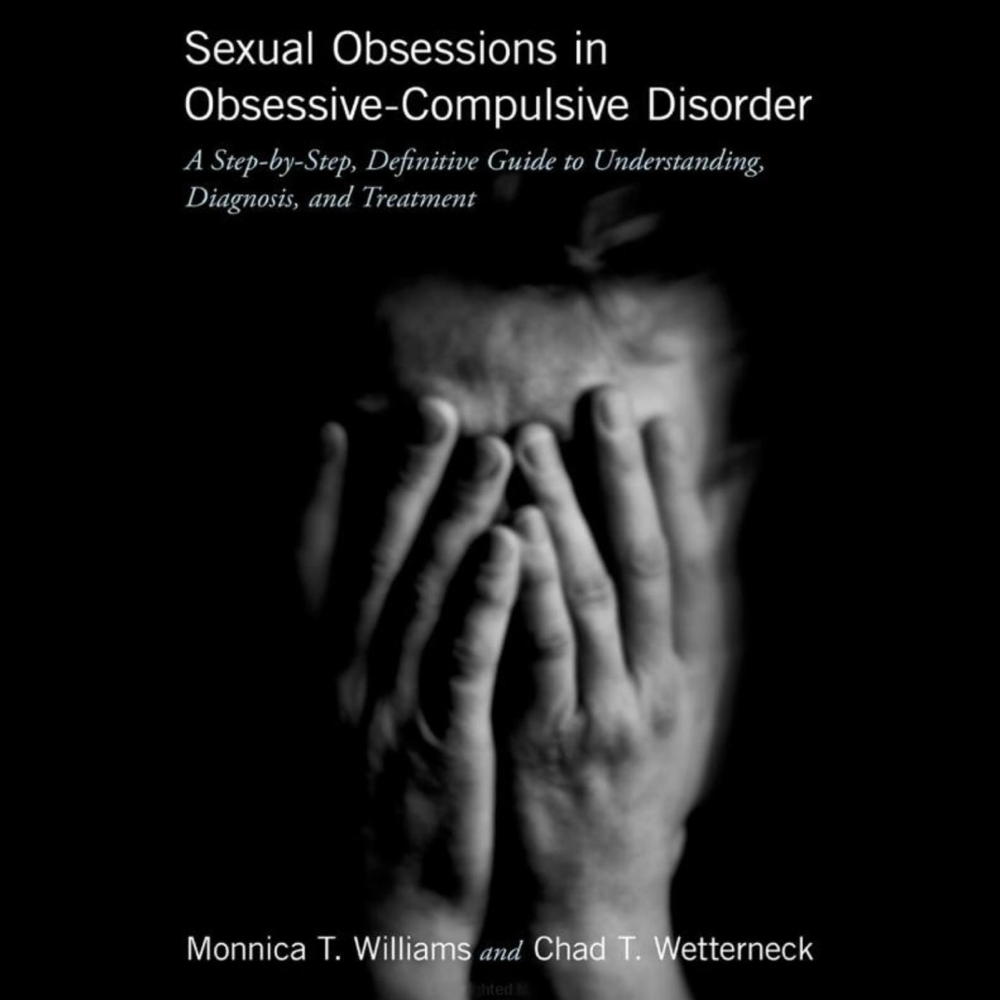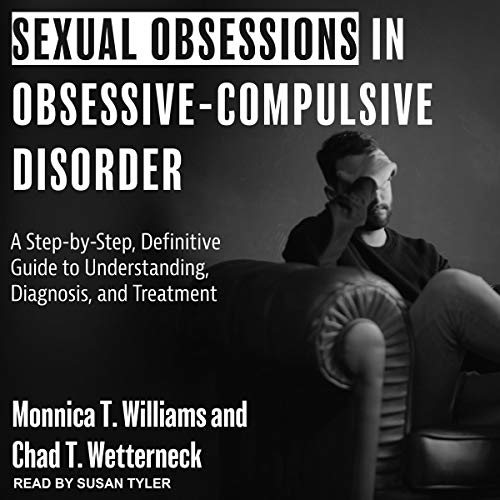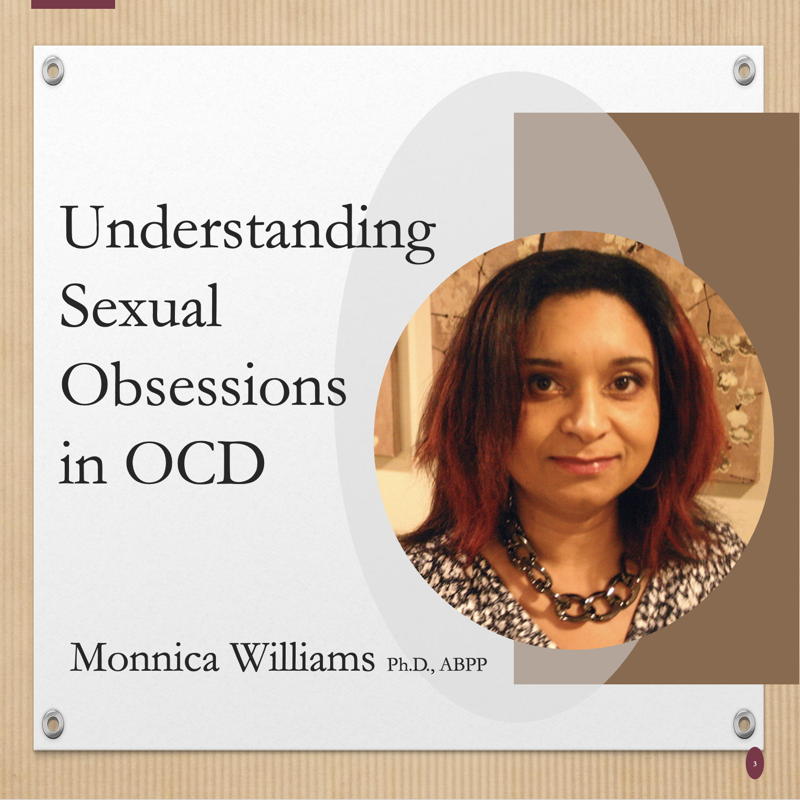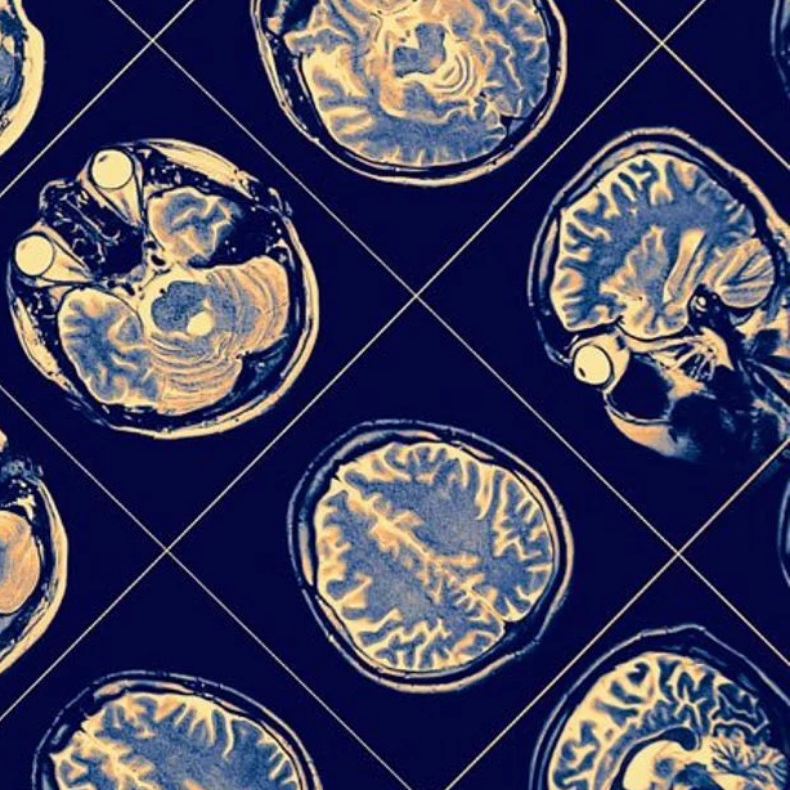Obsessive-Compulsive
Disorder
Providing expert compassionate care.
OCD Treatment Programme
Monnica Williams, Ph.D., C.Psych., Clinical Psychologist
Dr. Williams is a clinician and professor at the University of Ottawa and an internationally recognized expert in the treatment of OCD. Her clinic specializes in the most effective therapies for OCD. Learn about her CBT programme for OCD using exposure and ritual prevention (ERP). Treatment is offered for all types of OCD, including upsetting thoughts, religious or sexual obsessions, compulsive or repetitive behaviours, and related conditions.
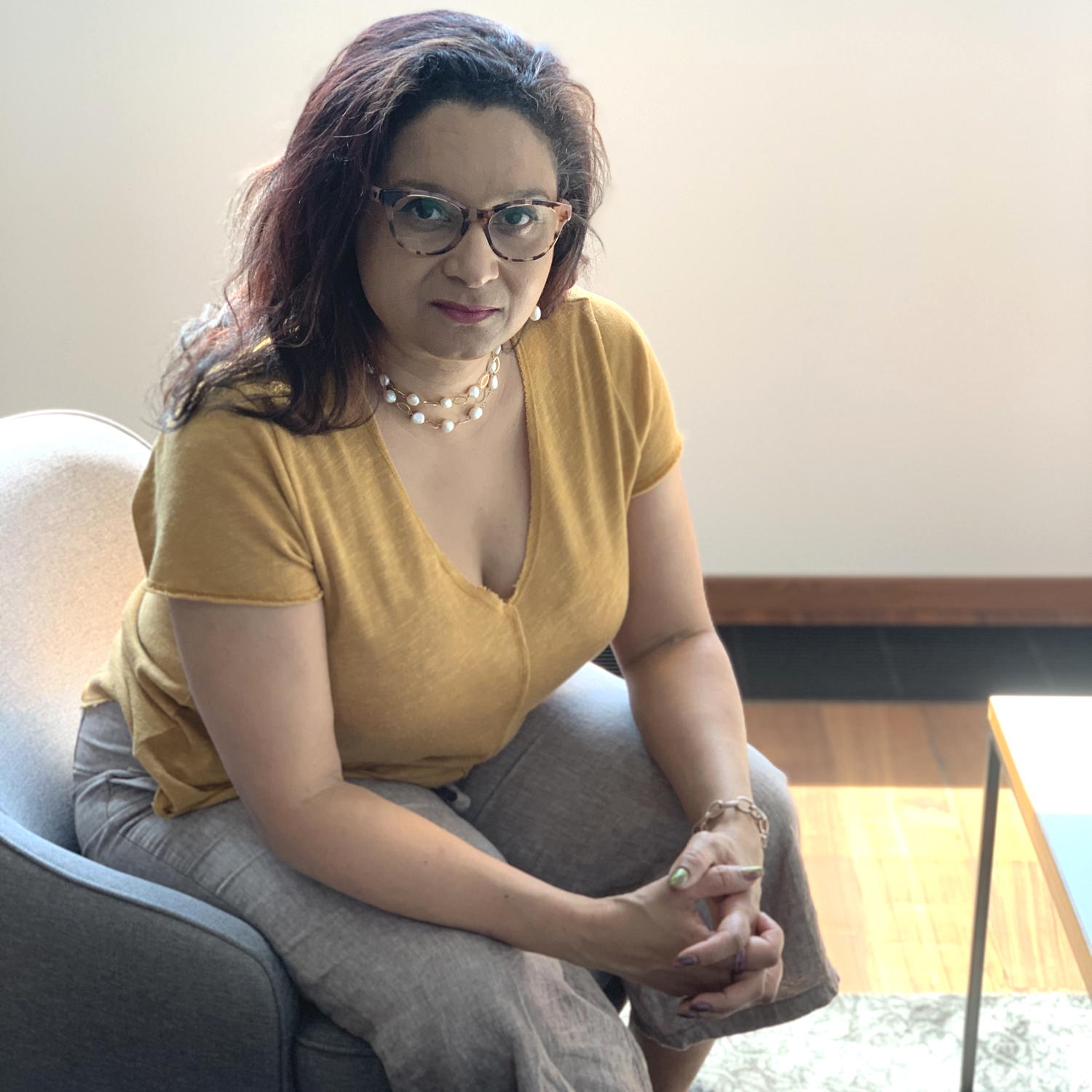
About Obsessive-Compulsive Disorder
OCD is a psychiatric mental disorder that includes obsessive thoughts and compulsive behaviours.
Obsessions are unwanted, recurrent, and disturbing thoughts that the person cannot suppress and that cause overwhelming anxiety. Compulsions are repetitive behaviours that the person feels driven to perform to reduce the anxiety of the obsessions. The obsessive and compulsive rituals can occupy many hours of each day.
There are many disorders that have been mistakenly labeled as OCD. Some of them are the eating disorders, compulsive shopping, kleptomania, trichotillomania, and body dysmorphic disorder. Whilst there are similarities between OCD and these other disorders, there are also significant differences. Similar disorders that are not in fact OCD may be identified as OCD Related Disorders. Some of them require similar treatment, but for others the treatment is different. In addition, people with OCD frequently suffer from mood disorders, such as depression or bipolar disorder, as well as OCD.
Sometimes people wonder if OCD always includes both obsessions and compulsions. Approximately 80 percent of patients diagnosed with OCD have identifiable obsessions and compulsions. About 20 percent seem to have only obsessions or only compulsions. When people seem to have only obsessions, it is sometimes called "pure-o" for "purely obsessional", however in these cases people do have compulsions, but they are hidden or subtle.
OCD Treatment Overview
Cognitive Behavioural Therapy for Obsessive-Compulsive Disorder
The most effective OCD treatment programme includes psychoeducation, treatment planning, exposure and ritual prevention activities (EX/RP also called ERP), relapse prevention training, and home visits as needed. The programme as developed and delivered by Dr. Williams typically includes the following components:
- 1 comprehensive evaluation: This is a 2-3 hour session where you will receive an in-depth clinical interview to review all of your symptoms and provide a diagnosis. This can be done over two sessions for local clients.
- 2 treatment planning sessions: During these sessions we review your OCD symptoms in detail and develop a hierarchy to guide the treatment process.
- 15 treatment sessions: These sessions are focused on activities to reduce obsessions and compulsions; you will do an exposure exercise in session that will be assigned for practice at home.
- 2 family sessions (if applicable): If your family has been a part of your OCD, family sessions will be administered to help household members understand the disorder and learn what they can do to help.
- 2 follow-up sessions: These will take place 3-4 weeks after treatment to address any lingering difficulties and ensure maintenance of gains.
- Group therapy: These weekly online meetings are led by a therapist to provide support, education, and healing.
If your OCD is severe, you may need ongoing follow-up after the treatment programme. Follow-up for severe cases is typically weekly for 3 months.

Treatment Format
Treatment is usually delivered in two 60-90 minute (double) sessions per week. For people coming from out of the Ottawa area, intensive treatment is offered, which is generally daily 90-120 minute sessions over a 7 day period (including weekends), followed by 10 onine sessions. Family sessions are 50 minutes. Follow-up sessions are 30 minutes. Also you should anticipate 1-2 hours of homework each day. Most sessions are in person, but phone or online format may be used on an as-needed basis.
Effectiveness of Treatment
There is no cure for OCD, but clients can generally expect quick reductions in distress and an eventual return to normal behaviours. Clients who attend sessions and do the homework will typically make great improvements, and those who do not follow the programme will experience less improvement. For most people, this type of treatment is more effective than medication for OCD. However, some people will require both medication and the treatment programme for maximum results.
Behavioural Wellness Clinic
554 King Edward Drive, Third Floor
Ottawa, ON, K1N 6N5, Canada
Phone: (343) 430-3291
392 Merrow Road, Suite E
Tolland, CT 06084, USA
Phone: (860) 830-7838
Get help today – no waiting

